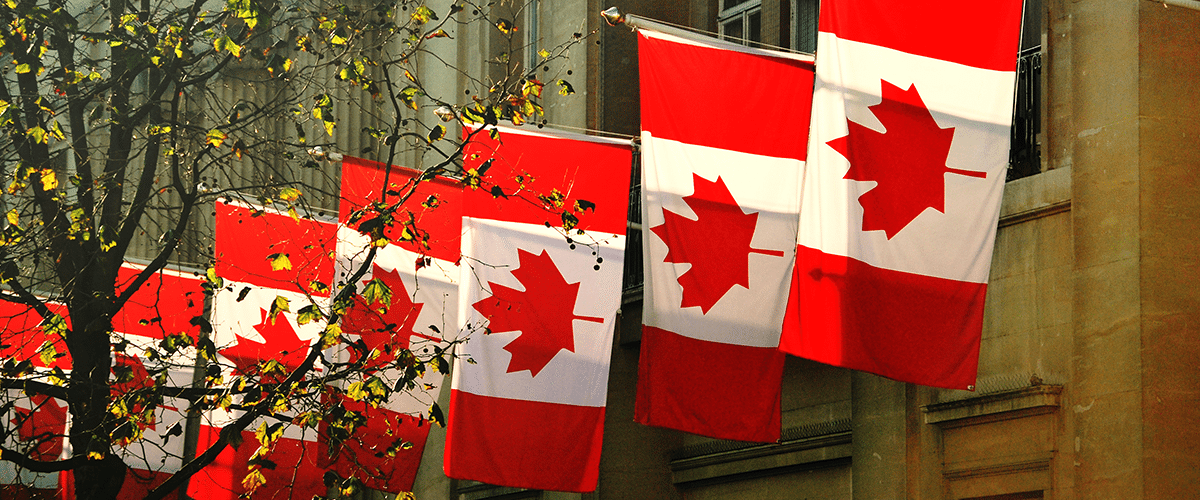[vc_row][vc_column][vc_column_text]
A senior government official announced last week that Canadians would be able to legally consume recreational marijuana by July 1, 2018.
Canadian Prime Minister Justin Trudeau will introduce legislation to legalize marijuana by July 2018, according to reports by CBC News. The new law, recently presented to the Liberal government by parliamentarian and former Toronto police chief Bill Blair, will be announced sometime next week and signed into law in time to be implemented next summer. Canada would become the largest developed country to legalize recreational marijuana.
It’s expected that the Canadian government will follow the advice of a nine-person Cannabis Task Force, which issued its research-based legislative suggestions to the Canadian government in December. The task force recommended allowing adults aged 18 and over to carry up to 30 grams of marijuana and cultivate up to four marijuana plants per household, although provincial government will have the authority to raise the minimum purchase age. The federal government will manage licensing producers.
Although declining to confirm the July 2018 date, Justice Minister Jody Wilson-Raybould did say in a statement that the government is committed to introducing legislation to legalize recreational marijuana sometime this spring.
“This will be done in a careful way to keep it out of the hands of children and youth, and to stop criminals from profiting,” Wilson-Raybould said, in a statement. “In order to meet our commitment to legalize, the legislation will need to pass through the parliamentary process in a timely fashion.”
The task force recommended that higher-potency cannabis be taxed at a higher rate than weaker strains. Investment bank and research firm Canaccord Genuity predicts the nation’s recreational market to be $4.5 billion (C$6 billion) by year 2021. However, a study by multinational professional services firm Deloitte estimates the market value of Canada’s cannabis market, including ancillary markets, to be between $12.7 billion and nearly $22.6 billion.
In 2015, Trudeau campaigned on the promise that he would immediately work toward legalizing marijuana. Upon taking office, he drafted a mandate letter with a legal framework. Rather than legalization’s economic or job growth advantages, Trudeau has said he supports ending prohibition because of its positive impact on public safety. Legalization makes it “harder for underage Canadians to access marijuana,” he said last year, and will help curtail the illicit cannabis market.
Trudeau has made it clear that until legislation is passed, standing laws are in place and those unlawfully possessing, growing or distributing marijuana will be prosecuted.
“Until we have a framework to control and regulate marijuana, the current laws apply,” Trudeau said on March 1.
In the United States, while cannabis remains a Schedule I substance, more than half of states have passed medical marijuana laws and eight have legalized adult use marijuana. Voters in eight states approved marijuana measures this past November and a recent report suggests that marijuana could be legal in all 50 U.S. states by 2021.
You can learn more about the current cannabis laws in Canada and in the United States by visiting our education page.[/vc_column_text][/vc_column][/vc_row]






